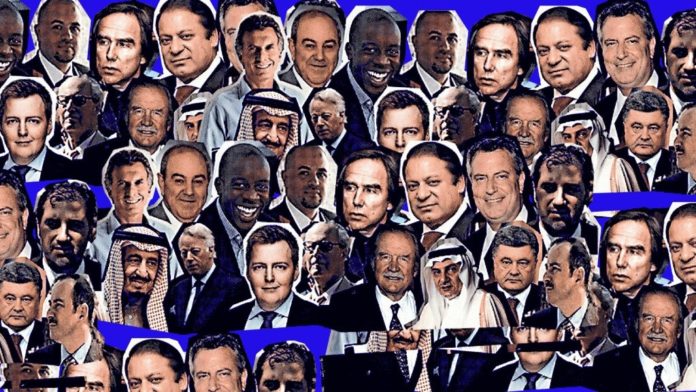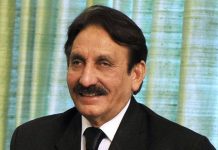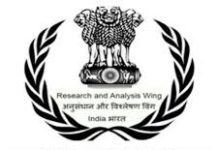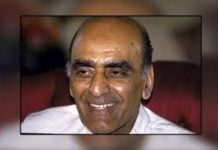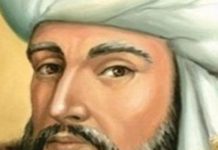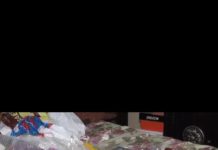
In a rare move in Pakistan’s constitutional and judicial history, Prime Minister Nawaz Sharif is all set to become the first ever sitting head of the government to appear before an investigating agency when he appears before the Joint Investigation Team (JIT) constituted by the apex court to probe money laundering , on Thursday.
During second stint as Prime Minister , Nawaz Sharif appeared before the Supreme Court in November 1997 in a contempt of case but this gesture was marred by mayhem by the workers of Muslim League within the premises of the apex court. Ex-Prime Minister Syed Yousaf Raza Gilani also appeared before the Supreme Court in 2012 and the conviction by the court led to his ouster in June 2012. His successor, Raja Pervez Asharf had to appear before the court during his tenure as Prime Minister in Rental Power Plant case.
The summons were issued by the JIT on June 8, 2017, asking the PM “to appear and associate with the JIT on Thursday, June 15, 2017 at 1100 hours, at the office of the JIT, Federal Judicial Academy, Service Road South, Sector H-8/4, Islamabad”.
The JIT’s summons also reminded the PM to “kindly bring along relevant record/documents/material” related to the Panama Papers case. This will entail nearly all the documents and evidence submitted before the Supreme Court by the PM’s counsel, Makhdoom Ali Khan.
According to media reports, Finance Minister Ishaq Dar may also be questioned by the team before the PM’s appearance.
In its judgement of April 20 in the Panama Papers case, the Supreme Court had constituted a JIT and empowered it to summon the prime minister, his sons and any other person necessary, to investigate allegations of money-laundering, through which the four apartments in London’s Park Lane area were purchased.
Minister of State for Information and Broadcasting Heritage Marriyum Aurangzeb has confirmed that the PM had received the JIT summons and in pursuance of the Supreme Court’s order of April 20, he would ensure his presence accordingly.
The JIT has so far called about a dozen witnesses, including a number of people who Dar named in his “forced” confession, recorded by the National Accountability Bureau (NAB) in 2000. Though Dar has disowned the statement, saying it was recorded under duress, the JIT has taken it seriously and summoned some of the people Dar allegedly used for money-laundering. These individuals included National Bank of Pakistan president Saeed Ahmed and Kashif Mehmood Qazi, a British citizen.
While Qazi refused to appear before the team for fear of his life, Saeed Ahmed recently recorded a statement before the JIT. The NBP president, however, complained about the JIT’s ‘indifferent’ behavior and said that he was kept waiting for hours while he was fasting, and that the JIT treated him as an offender.
Besides Ahmed, Tariq Shafi, a cousin of PM Sharif; and Javed Kayani, a friend of the Sharif family, have also complained that the JIT tried to force them to testify against the PM and his sons Hussain and Hassan Nawaz.
Hussain Nawaz had also filed the petition before the Supreme Court, challenging the presence of two JIT members — Bilal Rasool of the Securities and Exchange Commission of Pakistan (SECP) and Amer Aziz of the State Bank of Pakistan (SBP) — objecting to their presence. The apex court, however, dismissed his petition as being “premature”.


